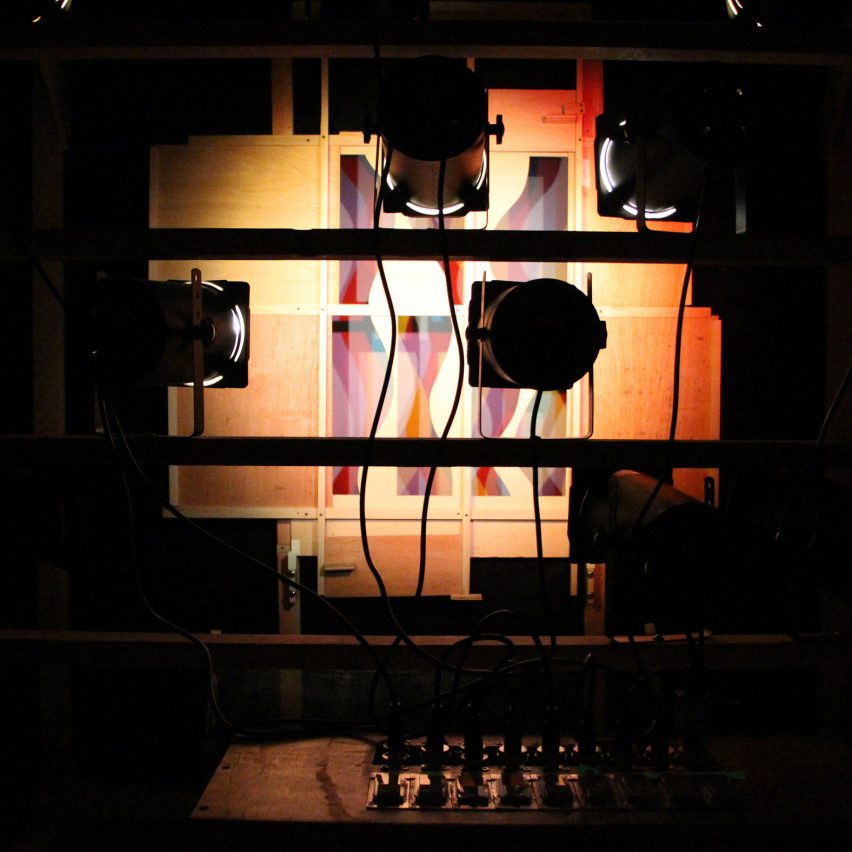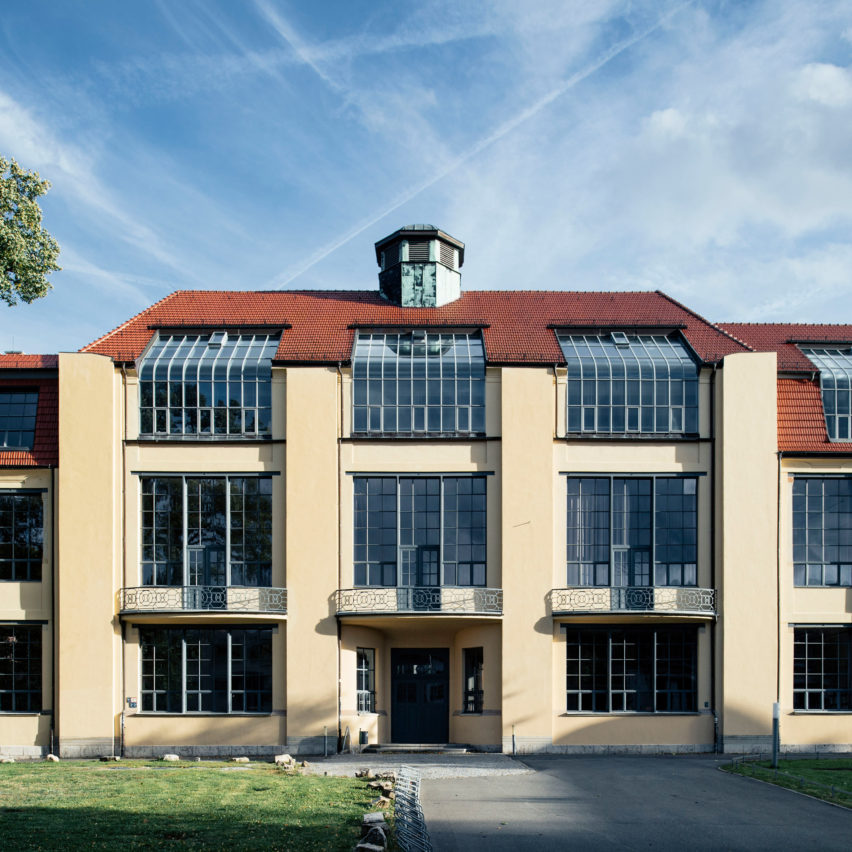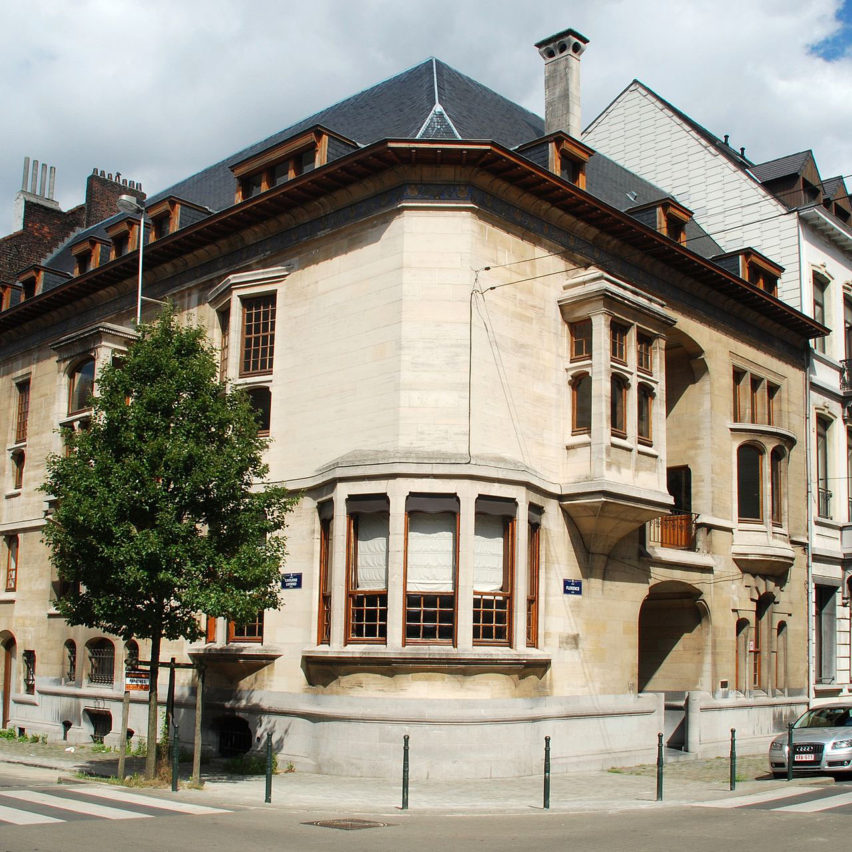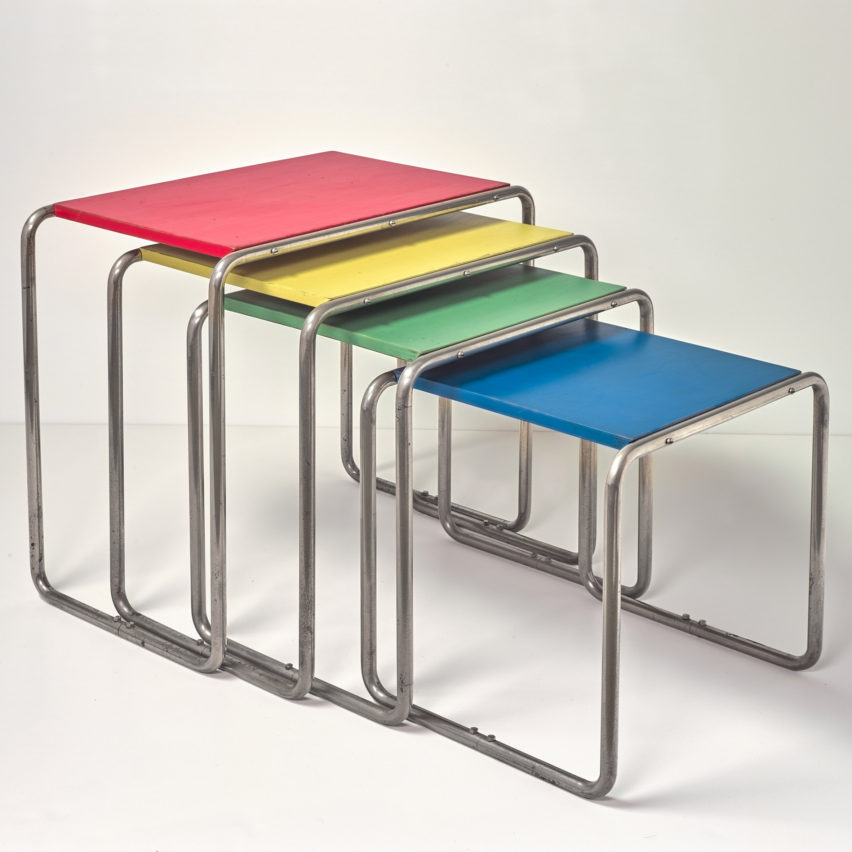Pantone has just released its color of the year --
Welcome to Mad for Mod!
Welcome to Mad for Mod!
My blog highlights trends in jazzy modernist design -- from soap to sofas, buildings to bags -- and is my way of staying in touch with the worldwide community of 20th century design aficionados. Notes about museum exhibitions and design festivals, book reviews, remembrances, features on objects of desire, and occasional oddball items will appear on no set schedule. Please visit often to find new surprises!
Enjoy ~ ° ° ° ~ Judy
Friday, December 27, 2019
Thursday, July 11, 2019
Saturday, May 11, 2019
HIGH STYLE: Swanky TWA hotel opens at JFK airport in 2019
Remember paper tickets?
And fancy dinners, served
by cheerful flight attendants?
TWA,
the airline which opened at the dawn of the Jet Age in 1962, and faded
into history just months after 9/11, will reopen to much fanfare in
2019. This airline, however, will not comprise a fleet of planes, but a
retro hotel fitted out with the most minute of authentic-looking
details.
Architectural Digest wrote "The TWA Hotel in Eero Saarinen's JFK Airport Terminal Will Transport You Right Back to 1962", the Associated Press swooned "Hotel at Iconic TWA Terminal Will Evoke Glamour of Jet Age" and the often lighthearted NY Daily News opined "JFK Becomes 'Real Destination with swanky Upgrade Project'."
The centerpiece of the terrazzo-tiled bathroom is a
custom Hollywood
vanity with bubble lights inspired by Philip Johnson.
Oh boy -- more little soaps and lotions for my collection!
What's with this hotel, that promises us teleportation, glamour and swank? The developers, according to a TWA spokesperson, are "reigniting the magic of Eero Saarinen’s landmarked 1962 TWA
Flight Center at JFK Airport, restoring and reimagining it as a
first-class hotel." Every detail has been tested for authenticity, utility and mid-mod esthetic, including art, glassware, towels, robes and slippers. (My favorite decorative detail is the rotary phones that will be placed in each room.)
The reception desk in the TWA Lounge is designed as a step back
into the 1960s, when the original terminal was opened. (Sadly,
Saarinen died a year before the building's completion).
An imaginary departures lounge
What Jet Age-inspired hotel room would be complete without its own
fully stocked martini bar? For more pictures of
room interiors, visit
https://www.twahotel.com/rooms
room interiors, visit
https://www.twahotel.com/rooms
“Friendly Skies: The Art of High Altitude Travel”
Flight attendants' costumes from the 1940s through the 1960s will be exhibited at the Peekaboo Gallery in Old Pasadena, CA August 18th, 2018 through September 23rd.
Original-era travel posters, signage and other artwork will surround
large-scale airport display models and other extraordinary artifacts. Also on
display will be an unrivaled quantity of stewardess and pilot gear from
PAN AM, Braniff, TWA, United, Eastern, British Airways, and
even the Soviet Airline, AEROFLOT.
Beam me up, Vladimir!

The hotel features
- 512 ultra-quiet hotel rooms with exhilarating views of JFK’s runways and the iconic TWA Flight Center
- 50,000 square feet of meeting space that can hold 1,400 people
- 6 restaurants and 8 bars
- 10,000-square-foot rooftop observation deck with pool
- State of the art 10,000-square-foot fitness facility with yoga, spinning and other amenities
- Museum devoted to the Jet Age, TWA and the midcentury modern design movement
- And more ...
 "At TWA, we tried to design a building in which the architecture itself
would express the drama and excitement of travel. In a way, this is
man’s desire to conquer gravity.” – Eero Saarinen
"At TWA, we tried to design a building in which the architecture itself
would express the drama and excitement of travel. In a way, this is
man’s desire to conquer gravity.” – Eero Saarinen
~ oOo~
This article was originally posted on Mad for Mod on Sept. 3, 2018. The hotel is now open.
To watch a video about the rehab of this iconic hotel, link here.
Sunday, May 5, 2019
INTERNATIONAL STYLE: From Boston to Berlin, Weimar to the Netherlands, Bauhaus beckons
2019 is a huge year for Bauhaus enthusiasts, with special
exhibitions and events being held all over the world in
celebration of the 100th birthday of the International Style.
celebration of the 100th birthday of the International Style.
Form follows function:
Bauhaus design expressed itself through minimalism, emphasizing functionality and true materials over decoration and "frippery."
Influenced by
movements such as Modernism and De Stijl, Bauhaus
artists
favored linear and geometrical forms, while floral
or curvilinear
shapes (such as those found in Art Nouveau)
were avoided. Only line, shape and colors mattered.
Below:
The Bauhaus-Archiv/Museum für Gestaltung (Bauhaus Archive / Museum of
Design) in Berlin houses the world’s largest collection devoted to
Bauhaus history. This building is a late work of Walter Gropius,
the designer who left
his entire personal archive to the museum.
The design archive remains the
foundation and core of the museum's
extensive collection. It contains technical drawings, photographs and works
from all genres, including many classics – such as the table lamp by
Wilhelm Wagenfeld, the tea infuser by Marianne Brandt and the
iconic tubular steel armchair by Marcel Breuer.
extensive collection. It contains technical drawings, photographs and works
from all genres, including many classics – such as the table lamp by
Wilhelm Wagenfeld, the tea infuser by Marianne Brandt and the
iconic tubular steel armchair by Marcel Breuer.
Marcel Breuer armchair
1928
1928
MT8 Lamp by William Wagenfeld and Carl Jakob Jucker
Tea infuser - Marian Brandt (1924) Silver and ebony
For a compendium of "BAUHAUS 100" activities around the world in 2019, continue scrolling down here. Short synopses are courtesy of Dezeen online magazine.
It will host workshops and exhibitions exploring the Bauhaus legacy.
~ oOo~
9 February – 26 May 2019
Museum Boijmans Van Beuningen, Museumpark 18, 3015 CX
Rotterdam, Netherlands
This wide-ranging retrospective will feature over 60 artists, designers, architects from the Netherlands, all of whom were involved with the Bauhaus
between 1919 and 1933.

15 March 2019 – 10 June 2019
Haus der Kulturen der Welt, John-Foster-Dulles-Allee 10, 10557 Berlin, Germany
This exhibition looks to the immaterial and performative nature of Bauhaus alumni Kurt Schwerdtfeger's reflecting light plays, which were originally produced for an institution party in 1922.

15 March 2019 – 15 January 2020
House Schulenburg Gera, Str des Friedens 120, 07548 Gera, Germany
This exhibition will explore the life and work of modernist architect and artist Henry van de Velde, centred around the Haus Schulenburg – a building he created as a holistic artwork. It will also feature his neo-impressionist paintings and book designs.

6 April 2019 – 1 March 2024
Neues Museum Weimar, Jorge-Semprún-Platz 5, 99423 Weimar, Germany
The Neues Museum in Weimar – the city where the Bauhaus began – is celebrating the legacy of the school with a new long-term exhibition of early works of modernist art from Weimar, and its relationship to the German philosopher Friedrich Nietzsche.
28 April 2019 – 29 July 2019
Herzogliches Museum Gotha, Schlossplatz 1, 99867 Gotha, Germany
This exhibition focuses on the life and work of avant-garde artist Oskar Schlemmer, who is recognised for his cross-disciplinary contributions as a painter, draughtsman, graphic artist, sculptor, stage designer and muralist.
8 September 2019
Bauhaus Museum Dessau, Mies-van-der-Rohe-Platz 1, Dessau-Roßlau, 06844
A new museum is set to open at the Bauhaus' school building in Dessau. Bauhaus Museum Dessau, designed by Barcelona-based studio Gonzalez Hinz Zabala, will present the second-largest Bauhaus collection in the world. It is designed in the Bauhaus spirit, featuring expanses of glazing and an exposed framework.
16 September 2019 – 13 October 2019
Various locations, Berlin, Dessar and Weimar
Operating over three consecutive weeks in three different cities, the Triennale der Moderne aims to build a "network of modernism" and raise greater public awareness of the buildings and avant-garde relationships of the early 20th century.
Friday, April 12, 2019
HAPPY 100th BIRTHDAY: The Bauhaus!
"The mind is like an umbrella. It is most useful when
open.
Our guiding principle was that design is neither an intellectual
nor a material affair, but simply an integral part of the stuff of life,
necessary for
everyone in a civilized society."
Walter Gropius
Today Google Doodles (along with the
entire Modernist design world) celebrates the 100th anniversary
of the opening of the Bauhaus School of applied
arts, architecture and design.
it later moved to Dessau (1932) and briefly to Berlin,
where reactionary political movements
forced it to close.
arts, architecture and design.
Spearheaded by famed German architect Walter Gropius,
the school opened on April 12, 1919 in Weimar, Germany; it later moved to Dessau (1932) and briefly to Berlin,
where reactionary political movements
forced it to close.
Bauhaus came into being during a period of liberal upheaval following
Germany’s defeat in the First World War and the establishment of the
Weimar Republic, which prompted radical artistic experimentation. Gropius’ vision was for a school uniting all branches of the arts under one roof, incorporating
architecture and graphics.
Gropius House
Lincoln, Massachusetts
Gropius designed this as his family home when he came to teach
architecture at Harvard’s Graduate School of Design.
It is open to visitors; for details see
https://www.historicnewengland.org/property/gropius-house/
architecture and graphics.
Gropius House
Lincoln, Massachusetts
Gropius designed this as his family home when he came to teach
architecture at Harvard’s Graduate School of Design.
It is open to visitors; for details see
https://www.historicnewengland.org/property/gropius-house/
• Precepts of Bauhaus
Less is more: form follows function
Lack of fussy ornamentation
Harmony of design and function
Intelligent use of resources, with a zero-waste ideal in mind
Always classic, always new.
~ oOo ~
A great place to see Bauhaus architecture is
Tel Aviv's White City. Tel Aviv, built about 100 years ago by
architects and designers who had fled the Nazis, has been designated
a World Cultural Heritage site by UNESCO. (The Nazis
had deemed Modernism to be "decadent, intellectual Jewish trash.)
The exiled architects arrived
in Israel just as the establishment and construction of modern Tel Aviv
was taking place; thus the Bauhaus (or "International")
style found full
expression there. Nearly all of Tel Aviv's White City
was built during
the years spanning the late 1920s through the mid-1950s.
For more information about touring the White City,
check out my article in PRIME magazine
~ oOo ~
Subscribe to:
Posts (Atom)


































